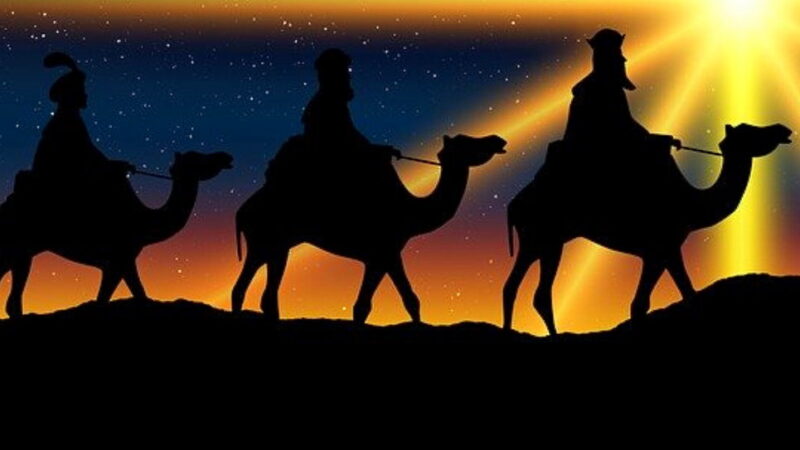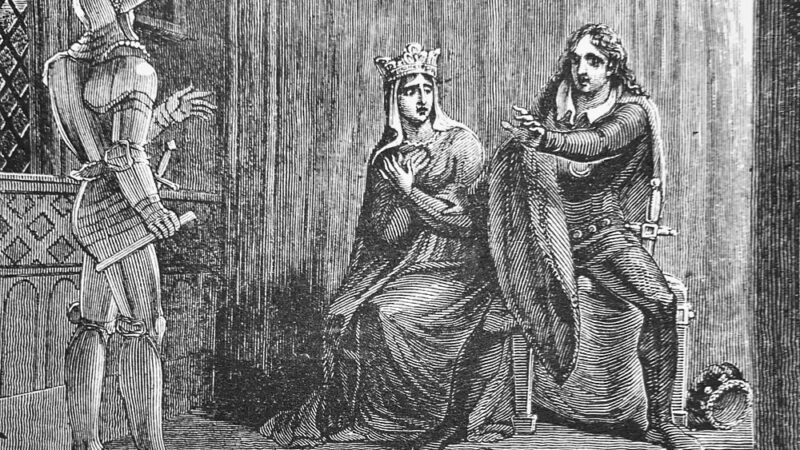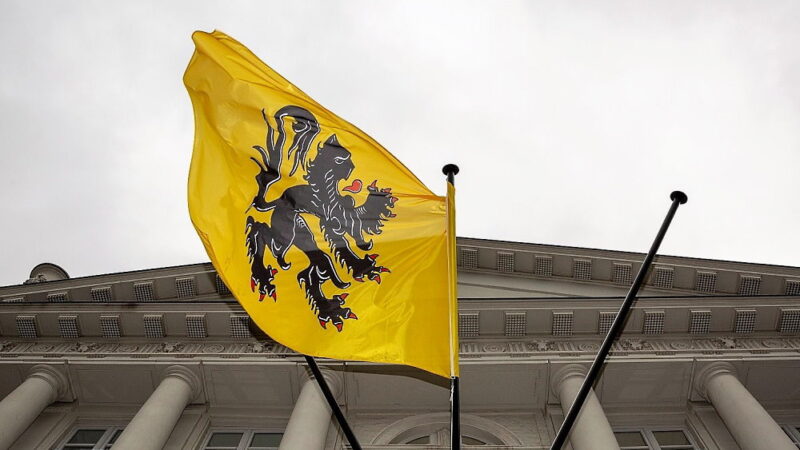Don’t think the Christmas holidays are over—Epiphany, on January 6, marks the true end of the festive season. The name means “Phenomena” in Greek and, in the Middle Ages, was called “Theophany.”
History
Traditions for Epiphany vary by country. In Germany, “Dreikönigstag” is celebrated with processions and songs, often raising money for charity. In France, families bake the “Pie of the Magi,” hiding a coin or bean inside; whoever finds it is crowned “King” or “Queen” for the day. Spaniards give children gifts, leaving snacks and water out for the Magi the night before. Icelanders call it Day 13. Many Europeans chalk “S + M + B” on doors, symbolizing “Christ blesses this house.”
Interesting Facts
- The Gospel of Matthew is the only source mentioning the Magi’s visit.
- The Magi brought gold, frankincense, and myrrh to Jesus.
- After their visit, Joseph fled with his family to Egypt following a warning in a dream.
- Some believe the Magi saw the star long before Christ’s birth.
- The “Golden Legend,” a medieval collection, tells stories of the saints and Epiphany.
How to Take Part
Follow your country’s Epiphany traditions—carol, give gifts, visit friends, and take down Christmas decorations.
When is Epiphany in 2026?
Epiphany is observed on January 6 each year.
Observations
| Weekday | Month | Day | Year |
| Tuesday | January | 6 | 2026 |
| Wednesday | January | 6 | 2027 |
| Thursday | January | 6 | 2028 |
| Saturday | January | 6 | 2029 |




